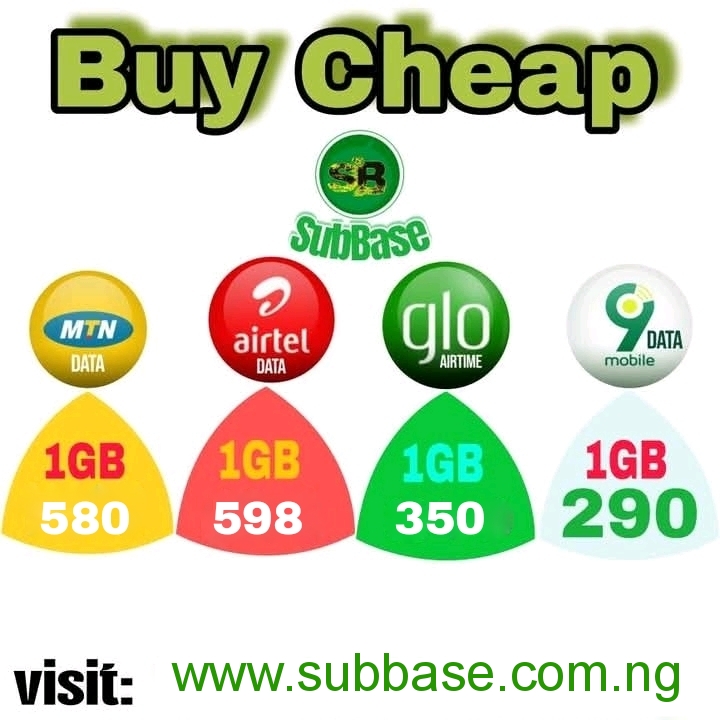Optimizing Your VTU Experience: What is VTU?
Welcome to a comprehensive guide on optimizing your experience with the VTU website. Navigating academic portals can sometimes feel like finding your way through a maze, but fear not! This article aims to streamline your interaction with the VTU website, offering valuable insights and practical tips to ensure you make the most of this essential resource. From accessing crucial business information to leveraging its features for enhanced business, discover how to maneuver through the VTU website with ease and effectiveness.
What is VTU?

VTU stands for Virtual Top-Up
Virtual top-up {VTU} usually refers to the process of adding credit or funds to a prepaid account, such as a mobile phone or an online payment service, without physically purchasing a recharge card or voucher. Instead of buying a physical card from a store, virtual top-ups are typically performed electronically through online transactions, mobile apps, or digital platforms. Users can add credit to their accounts by making payments through various online methods like credit/debit cards, online banking, or digital wallets. This method provides convenience as it allows individuals to recharge their accounts instantly from anywhere with an internet connection, without the need for a physical card or voucher.
5 Important of VTU Apps in Nigeria
Here are five important aspects highlighting the significance of virtual top-ups {VTU} in Nigeria:
1 Accessibility and Convenience:
Virtual top-ups provide unparalleled convenience by allowing users to recharge their mobile phones or online accounts from anywhere at any time. This accessibility is especially beneficial in Nigeria’s diverse and widespread regions, ensuring people in remote areas have access to essential services without the need for physical recharge cards.
. Reduction of Fraud:
Physical recharge cards are susceptible to fraud, including counterfeiting and theft. Virtual top-up minimizes these risks by eliminating the physical aspect, making transactions more secure and reducing the chances of fraudulent activities associated with traditional recharge cards.
3. Flexibility in Payment Methods:
Virtual top-up systems often offer various payment methods, including credit/debit cards, mobile money, online banking, and digital wallets. This variety caters to different user preferences and financial capabilities, making it easier for a diverse population to access and use these services.
4. Immediate Access to Services:
With virtual top-ups, users experience instant recharging, ensuring uninterrupted access to mobile services, internet data, and other essential utilities. This immediacy is crucial, especially in emergencies or urgent situations, when immediate access to communication is vital.
5. Enhanced Business Opportunities:
For businesses, virtual top-up platforms present opportunities for additional revenue streams. Entrepreneurs can set up businesses as virtual top-up agents, providing these services to customers and earning commissions, thereby creating employment opportunities and bolstering the local economy.
These aspects collectively showcase how virtual top-up services significantly impact Nigeria by enhancing accessibility, security, and convenience while fostering economic opportunities for individuals and businesses.
Types of VTU Platforms
Virtual top-up platforms come in various forms, catering to different needs and services. Here are several types of virtual top-up platforms:
1. Mobile Network Operator Platforms:
Offered directly by mobile network operators, these platforms allow users to recharge their prepaid mobile accounts using mobile apps, USSD codes, or online portals provided by the specific network company.
2. Third-Party Payment Apps:
Payment apps like SubBase , Data Bundles , or local Nigerian options like Paga and Flutterwave often offer virtual top-up services. These platforms allow users to add credit to their mobile accounts or pay for services digitally, leveraging their existing payment methods within the app.
3. Digital Wallets:
Wallet services like Google Pay, Apple Pay, or local Nigerian options like OPay and Quickteller offer virtual top-up functionalities. Users link their accounts to these wallets and use them to recharge mobile phones or pay for various services.
4. Online Banking Portals:
Many banks provide virtual top-up services within their online banking systems. Customers can log in to their bank’s website or use mobile banking apps to recharge their mobile accounts directly from their bank accounts.
5. Retailer and Agent Networks:
Numerous retailers and agents, both physical and online, serve as virtual top-up points. They sell digital vouchers or offer online platforms where customers can purchase credits for mobile phones, internet services, or various utilities.
6. E-commerce Platforms:
Some e-commerce websites and platforms incorporate virtual top-up services into their offerings. Customers can buy digital vouchers or credits for mobile phones or specific services while making purchases on these platforms.
Each type of platform caters to specific user preferences, providing multiple avenues for individuals to perform virtual top-ups based on their convenience and accessibility to different payment methods or service providers.
To Register Or Login On SubBase Register OR Click here to Login
Discover more from SubBase
Subscribe to get the latest posts sent to your email.









